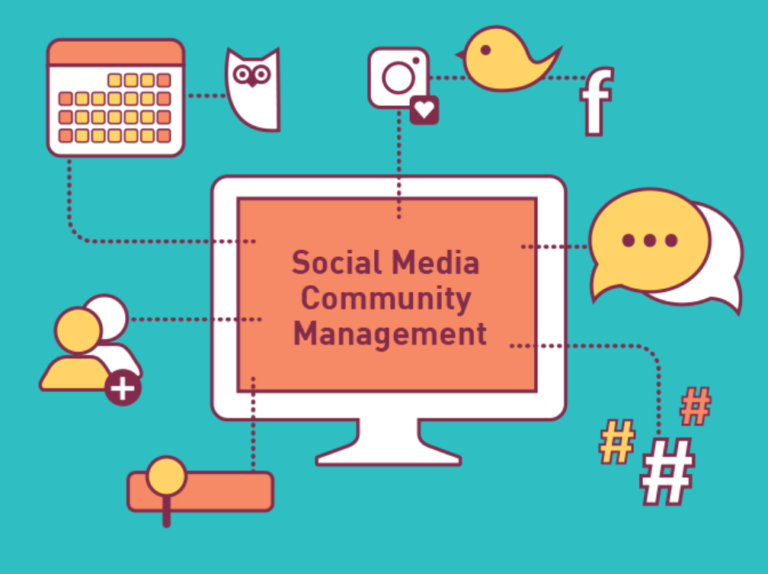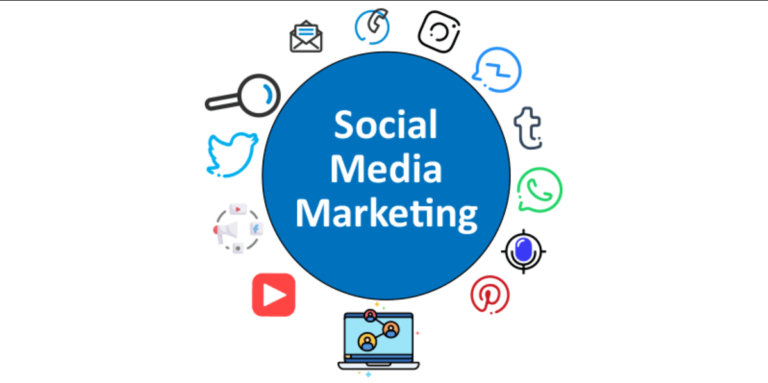Besides its impact on personal interactions, social media platforms also offer numerous benefits for businesses. In this article, we will explore the benefits of social media for business and help them achieve their goals.
Social media platforms have evolved into powerful tools that enable businesses to reach a wider audience, engage with customers, and promote their products or services. Let’s delve into the benefits that social media can bring to businesses.
Benefits of social media for business Enhanced Brand Awareness
One of the primary advantages of benefits of social media for business is the ability to increase brand awareness. By creating a strong presence on popular social media platforms, businesses can showcase their brand personality, values, and unique selling propositions to a vast audience. Regularly sharing valuable content, such as articles, videos, and infographics, helps in building brand recognition and expanding the reach of the business.
Increased Website Traffic
Social media serves as a valuable channel for driving traffic to business websites. By strategically sharing links to their website content, businesses can attract users who are interested in their products or services. Engaging posts, enticing visuals, and compelling calls-to-action on social media platforms can entice users to click through to the website, resulting in increased website traffic.
Improved Customer Engagement
Social media platforms provide an ideal avenue for businesses to engage directly with their customers. Through comments, likes, shares, and direct messages, businesses can foster meaningful interactions with their target audience. Promptly responding to customer inquiries, addressing concerns, and providing valuable insights not only enhances customer satisfaction but also builds brand loyalty.
Targeted Advertising
Social media platforms offer robust advertising features that allow businesses to target specific demographics, interests, and behaviors. This level of granular targeting ensures that businesses can reach the most relevant audience for their products or services. By running targeted ad campaigns, businesses can increase their chances of conversion and maximize their return on investment (ROI).
Valuable Market Insights
Social media platforms provide businesses with access to valuable market insights. Through analytics and reporting tools, businesses can gather data on user demographics, engagement metrics, and content performance. This information helps businesses understand their target audience better, refine their marketing strategies, and make data-driven decisions.
Effective Customer Support
Social media has revolutionized the way businesses provide customer support. Customers can reach out to businesses through social media platforms for queries, complaints, or feedback. Responding promptly and effectively to customer inquiries not only resolves issues but also showcases the business’s commitment to customer satisfaction. This can lead to positive word-of-mouth, enhanced reputation, and repeat business.
Cost-Effective Marketing
Compared to traditional marketing channels, social media marketing offers a cost-effective alternative for businesses. Setting up business profiles on social media platforms is generally free, and paid advertising options are often more affordable than traditional advertising methods. This makes social media marketing a viable option for businesses with limited budgets, enabling them to achieve a significant reach at a fraction of the cost.
Building Strong Relationships
Social media facilitates the building of strong relationships between businesses and their customers. By actively engaging with followers, sharing valuable content, and addressing their needs, businesses can foster a sense of community and loyalty. These relationships go beyond transactional interactions and can lead to long-term customer advocacy and brand ambassadors.
Collaboration Opportunities
Social media opens up opportunities for businesses to collaborate with influencers, industry experts, and other businesses. Partnering with influential individuals or complementary brands can expose a business to a wider audience and enhance its credibility. Collaborations can take various forms, such as joint campaigns, guest blog posts, or co-created content, creating mutual benefits for all parties involved.
Competitive Advantage
By actively engaging with their target audience, sharing valuable content, and staying up-to-date with industry trends, businesses can position themselves as thought leaders and industry experts. This helps build credibility and trust, setting them apart from competitors.
Increased Sales and Revenue
Social media can have a direct impact on a business’s sales and revenue. By leveraging social media platforms to showcase products, promote offers, and provide seamless purchasing experiences, businesses can drive conversions and increase sales. Social media also allows businesses to implement targeted sales campaigns, run exclusive promotions, and track the effectiveness of their marketing efforts. Read more…
Global Reach
One of the remarkable advantages of social media is its ability to provide businesses with a global reach. With platforms like Facebook, Instagram, and Twitter having billions of active users worldwide, businesses can extend their reach beyond geographical boundaries. This opens up new markets, expands customer bases, and enables businesses to cater to a diverse audience.
Conclusion
In conclusion, the benefits of social media for business offers a multitude. From enhancing brand awareness and customer engagement to driving website traffic and increasing sales, businesses can leverage social media platforms to achieve their goals. By adopting a strategic approach, businesses can harness the power of social media and create a significant impact on their bottom line.
FAQs (Frequently Asked Questions)
Q1: Is social media suitable for all types of businesses? Yes, social media can benefit businesses across various industries and sectors. Regardless of the nature of the business, social media platforms provide opportunities for brand promotion, customer engagement, and lead generation.
Q2: How often should businesses post on social media? The frequency of social media posts depends on the nature of the business and the preferences of the target audience. However, it is generally recommended to maintain a consistent posting schedule to keep followers engaged and maintain brand visibility.
Q3: Can social media advertising yield a high return on investment? Yes, social media advertising can yield a high return on investment when executed strategically. By targeting the right audience, optimizing ad campaigns, and tracking performance, businesses can maximize their ROI and achieve their marketing objectives.



